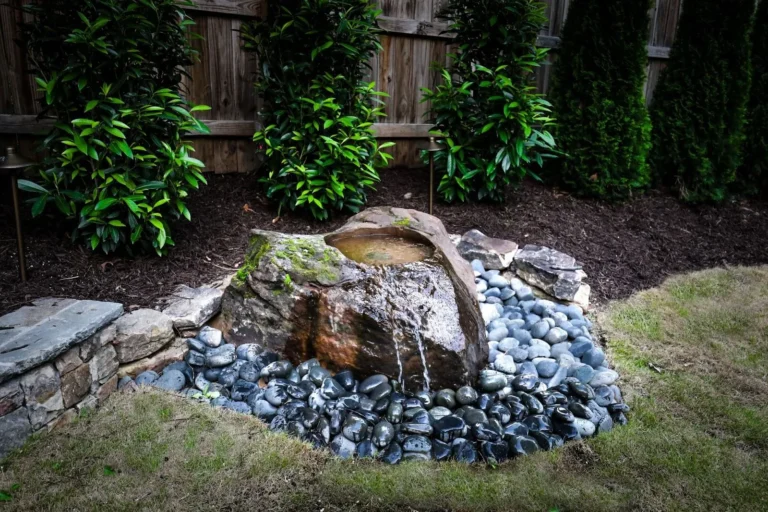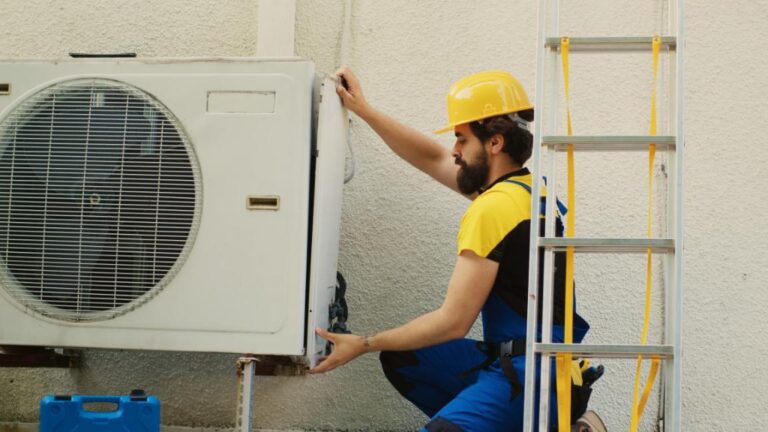Smart Solutions for Preventing Basement Flooding

Understanding Basement Flooding
Flooding in a basement is a nightmare for homeowners and, if not handled quickly and correctly, can cause serious issues. Water in your basement can result in structural damage and mold growth, which can be extremely dangerous to your health. This can happen due to burst pipes, strong rains, or groundwater seepage. Effective basement waterproofing in New Jersey can safeguard your home from future water damage. Understanding the complexities of basement flooding involves recognizing the potential sources of water intrusion and how to counteract these sources effectively.
Basement waterproofing in New Jersey is crucial due to the state’s heavy rainfall and varying soil conditions that can lead to water intrusion and structural damage. Professional services often include solutions like interior and exterior drainage systems, sump pump installation, and foundation repairs to protect homes from moisture-related issues. Implementing effective waterproofing measures not only prevents water damage but also enhances a property’s overall durability and value.
Flooding isn’t just a nuisance; it can result in catastrophic financial losses and severe health hazards. For example, mold can cause a variety of respiratory problems and grows well in moist settings. Moreover, water damage can erode your home’s structural stability and render it dangerous to occupy. Thus, taking proactive measures to prevent basement flooding is essential for every homeowner aiming to maintain a safe, healthy, and durable living space.
Common Causes of Basement Flooding
- Heavy Rainfall: Continuous heavy rains can saturate the ground, making it easier for water to penetrate your basement walls. During prolonged periods of rainfall, the soil around your home becomes oversaturated, creating immense hydrostatic pressure. This pressure forces water through cracks and porous areas in your basement walls and floor. Inadequate drainage systems can exacerbate this issue, as they may fail to divert water away from your home effectively.
- Broken Sump Pump: The only place for extra water to go during a storm is inside your house if your sump pump malfunctions. The purpose of sump pumps is to empty the accumulated water from the sump basin and away from the foundation of your house. A malfunctioning sump pump, whether due to power outages, mechanical failure, or improper installation, can lead to instant flooding during heavy rains or rapid snowmelt.
- Foundation Cracks: Cracks in the foundation provide an entry point for water, making your basement vulnerable to flooding. Over time, these fractures may occur as a result of hydrostatic pressure, temperature changes, and soil settling. Water can slowly leak through even the smallest fractures, weakening the foundation’s structural integrity.
- Blocked Gutters: When gutters are clogged, water overflows and pools around the foundation, eventually seeping into the basement. To keep rainfall away from your house, gutters and downspouts must be operating properly. When these systems become blocked by leaves, debris, or ice, they fail to channel water effectively. As a result, water spills over the edges, eroding the soil and creating puddles near the foundation, leading to potential water infiltration.
Effective Waterproofing Solutions
Here are some highly effective solutions to keep your basement dry and protect your home from potential water damage:
Fix Foundation Cracks
One of the most effective measures for preventing basement flooding is fixing any foundation cracks. Injections of polyurethane foam or hydraulic cement can be used for this. Fixing these cracks will prevent water from finding its way into your basement. Hydraulic cement expands as it cures, forming a tight seal that is both waterproof and durable. Polyurethane foam injections are flexible, allowing them to move with the wall as it expands and contracts, ensuring long-lasting protection against water infiltration.
Install a Sump Pump
A sump pump is an essential component of any waterproofing system. It collects and removes water that accumulates in your basement, redirecting it away from your home. According to Family Handyman, installing a sump pump can significantly reduce the risk of basement flooding. To make sure that your system keeps working during power outages, which are frequent during severe weather occurrences, think about installing a battery backup sump pump.
Exterior Waterproofing
Exterior waterproofing involves excavating the soil around your foundation and installing a waterproof membrane. This forms a barrier, preventing water from penetrating your basement walls. The process typically includes applying a thick, asphalt-modified coating, which is then covered with a waterproof membrane before backfilling the excavated area with drainage tiles and gravel. This comprehensive method ensures that water is directed away from your foundation, reducing the likelihood of seepage.
Improved Drainage
Ensure that your landscaping slopes away from the foundation. Additionally, installing French drains can help redirect water away from your home, keeping your basement dry. Groundwater is captured and sent away from your property using French drains, which are made of a perforated pipe encircled by gravel and filter cloth. Proper grading and drainage solutions, such as downspout extensions and surface drains, can further enhance your property’s ability to manage excess water effectively.
Regular Gutter Maintenance
Regularly cleaning and maintaining your gutters ensures they function correctly, reducing the risk of water overflow and basement seepage. Home improvement experts at Better Homes & Gardens recommend cleaning gutters at least twice a year. Gutter guard installation can assist in keeping debris buildup at bay, maintaining the clarity and efficiency of your gutters in diverting water away from your house. Regular inspections can also identify any damage or sagging that may require repair.
Final Thoughts
Preventing basement flooding requires a proactive approach. By understanding the common causes and implementing effective waterproofing solutions, you can safeguard your basement from water damage. Regular maintenance of these systems will keep your basement dry for years to come, providing peace of mind and protecting your investment. Whether it’s fixing foundation cracks, installing a sump pump, or ensuring proper gutter maintenance, each step plays a critical role in keeping your basement dry and secure. Making these investments in waterproofing can save you from the stress and expense of dealing with water damage while also enhancing the durability and value of your home.






